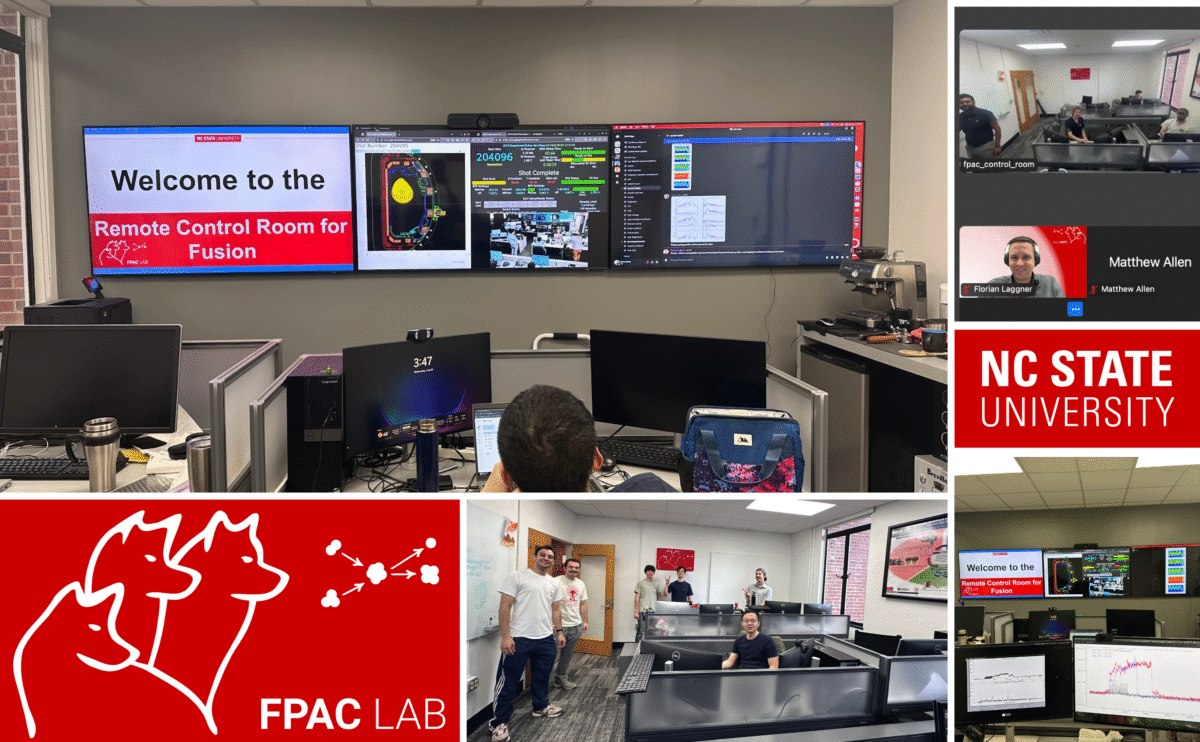How AI will help train the soldiers of the future

Job training is always important, but in the military it can mean the difference between life and death. Researchers at NC State University are working with the U.S. Army Futures Command (AFC) to develop artificial intelligence (AI) tools that can be used to improve squad training – and save lives.
“We’re developing AI programs that address two aspects of training, specifically for the synthetic training environments the Army uses to prepare its personnel,” says Randall Spain, a research scientist in NC State’s Center for Educational Informatics (CEI) who is working on the project.
“One tool is focused on assessing team-level communication, which is critical to mission success and soldier safety. The second tool is focused on identifying the most effective ways of providing feedback to trainees.”
The work is being done under a three-year, $2 million cooperative agreement between AFC’s Combat Capabilities Development Command Soldier Center and NC State’s CEI. In addition to funding, the AFC is giving researchers access to team training data, which will expedite the AI development process.
The team communication component of the project focuses on developing a “deep learning” model that can be trained to listen in on team chatter during a training exercise and predict – in near-real time – how the team will perform.
The goal of the project is to give human trainers information they can use to pinpoint team communication failures and help trainees both develop and practice stronger communication skills.
The second element of the project is aimed at creating what is effectively an automated AI “coach” that can give trainees constructive feedback on their performance in synthetic training environments.
“We’ll be testing a range of variables to determine which coaching approaches work best,” Spain says. “For example, should feedback be given immediately? Should the feedback be written text or audio?
“Ultimately, our goal with both aspects of this work is to develop intelligent, adaptive tools that improve soldier training.”
“We are looking forward to continuing our long-term collaboration with the Army to create significant advances in AI-driven training capabilities for synthetic training environments,” says James Lester, Distinguished University Professor of Computer Science and director of CEI, who is principal investigator for the project.
This post was originally published in NC State News.
- Categories:


